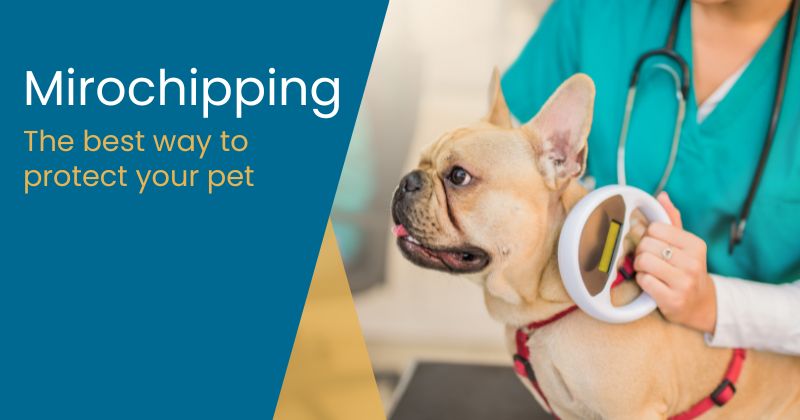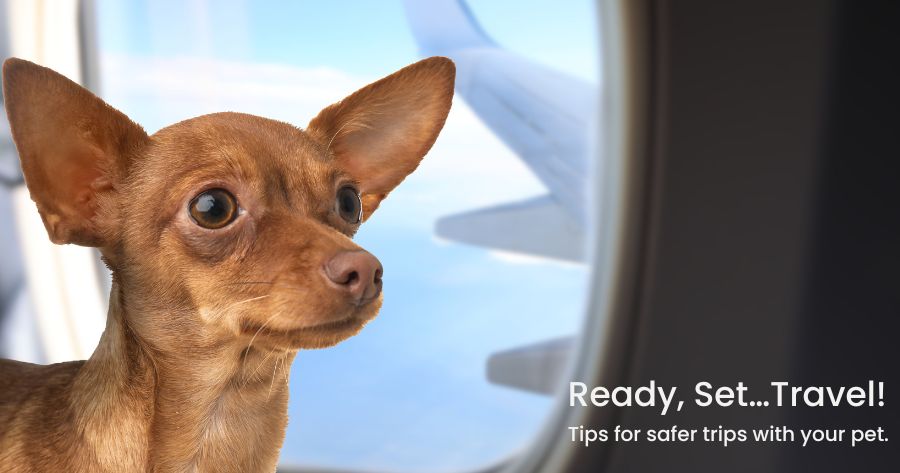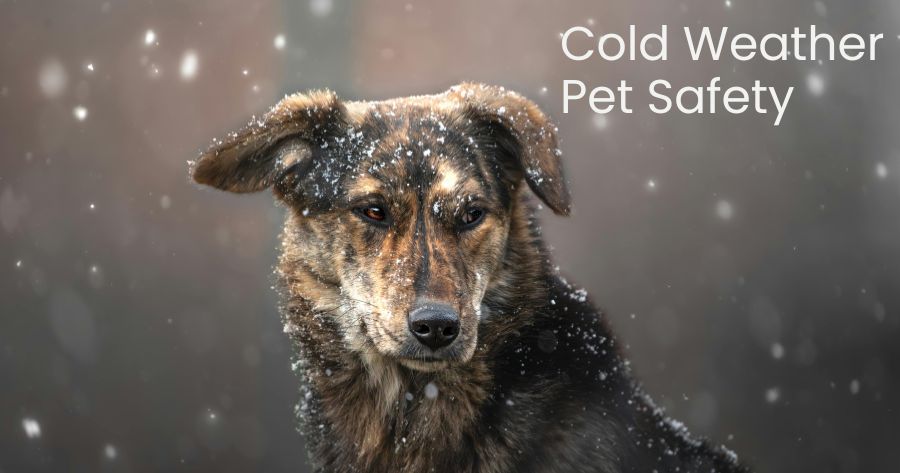
Pet microchipping is an easy way to ensure your pet’s safety and improve the chances of a reunion if they ever get lost. As a responsible pet owner, providing your pet with the best care is a top priority, and part of that involves thinking about long-term safety solutions. Microchipping is a simple yet powerful tool that greatly increases the chances of a happy reunion with your dog or cat should they become lost. At Conyers Animal Hospital, we are committed to educating our community on the importance of pet microchipping and how it can provide peace of mind for every pet owner.
Microchipping is a fast, nearly painless procedure that can improve the chances of finding your pet if they go missing. A small chip, about the size of a grain of rice, is placed under your pet’s skin, typically between the shoulder blades. This chip contains a unique ID number stored in a national database. If your pet is found and taken to a vet or shelter, the chip can be scanned to access your contact information for a reunion much sooner. Unlike collars and tags, which can be lost or removed, a microchip is a permanent form of identification that stays with your pet for life, offering unmatched protection.
Every year, millions of pets go missing in the U.S., and many never make it home. Without proper identification, lost or stolen pets often end up in shelters. Even with collars and tags, there's a risk they can slip off. Microchipping provides a permanent safeguard. Studies show dogs with microchips are twice as likely to be returned to their owners, and microchipped cats are twenty times more likely to get home. These statistics highlight the importance of pet microchipping as a reliable backup for identifying lost pets. At Conyers Animal Hospital, we believe microchipping is a vital step in protecting your pet.
Many pet owners worry about the discomfort their pets may experience during microchipping, but the procedure is quick and relatively painless.
There are common misconceptions about pet microchipping. One is that microchips provide GPS tracking, but they only provide identification, not location tracking. Another myth is that microchips cause health issues, though they are made from biocompatible materials and rarely cause problems. Some worry the chip can stop working, but they are designed to last for your pet's lifetime. By debunking these myths, pet owners can feel more confident about microchipping. At Conyers Animal Hospital, we’re here to answer any questions and provide the information you need to make the best decision for your pet.
In times of natural disasters or other emergencies, pets can easily become separated from their families. Hurricanes, wildfires, and other events can disrupt daily routines, leaving pets disoriented and at risk of being lost. In such situations, microchipping becomes even more critical.
Microchips ensure that if your pet is found and taken to a shelter or clinic, they can be identified and reunited with you, even if your pet's collar and tags are lost. Animal shelters and veterinarians are trained to scan for microchips, which greatly increases the chances that lost pets are returned to their families.
For many pet owners, knowing their pet is microchipped offers an added layer of reassurance during uncertain times. When disaster strikes, having this simple yet effective tool in place can make a world of difference. The importance of pet microchipping is evident when considering how it can help pet owners in emergency situations.
Microchipping is a valuable part of pet care that every pet owner should take to protect their animal. The benefits of pet microchipping heavily outweigh any minimal risks or costs of the procedure when you consider the security and peace of mind it offers. It’s a small investment that can prevent the heartache of losing a pet forever. At Conyers Animal Hospital, we encourage every pet owner to consider microchipping their dog or cat. Our team can guide you through the process and answer any questions you may have. Microchipping your pet is taking a proactive step in protecting them and significantly increasing the chances of being reunited if they ever go missing. If you’re ready to microchip your pet, call us today at (770) 483-1551 or request an appointment online.
Closed from 1-2pm daily for lunch
*Saturday Walk-ins available on a first-come, first-served basis. Wait times vary, and you may be turned away if we reach capacity.


